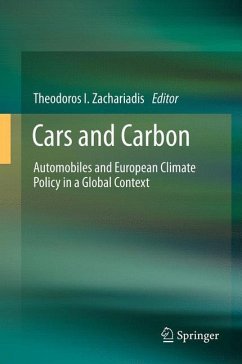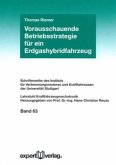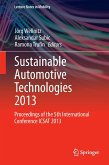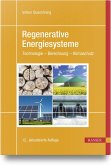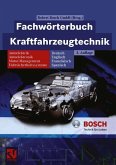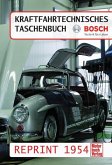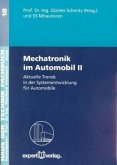This volume contains articles from leading analysts and researchers on sustainable transportation, who provide critical reflections on how automobile-related climate policies have evolved up to now in Europe and around the world, in view of the widely recognized need to substantially curb global emissions of greenhouse gases in the coming decades. Authors describe the policies which have been most effective, outline their economic and social implications, present success stories while critically reviewing less successful examples, and suggest strategies to decarbonize passenger transportation on a global scale.
This book is a treasure chest of insights and nuggets about the future of the car. It brings together many of the world s leading thinkers and analysts to explain how we might navigate toward a secure, low-carbon future. This is a must-read for anyone concerned about the world s precarious dependence on petroleum-guzzling cars.
Daniel Sperling, Professor and Director, Institute of Transportation Studies, University of California, Davis, USA
This impressive book proposes a wide range of practical steps that can be taken now to reduce greenhouse gas emissions from transport. It shows how efforts by international bodies, national governments and local communities are all needed to avoid dangerous changes to our planet s climate. The thorough policy analysis and the many good practice examples provide a strong evidence base for political action now.
Jack Short, Secretary-General of the International Transport Forum, Paris, France
Cars and Carbon is essential reading for the world s transportation community. Radically reducing greenhouse gas emissions from automobiles may be the greatest challenge global society faces as it strives to avoid dangerous climate change while extending the benefits of personal mobility. In Cars and Carbon, a superlative group of international experts tackle the problem in its full complexity and offer practical, meaningful solutions.
David L. Greene, Corporate Fellow, Oak Ridge National Laboratory, TN, USA
Any interested researcher, environmental policy student or analyst will find this book very useful in understanding our future climate policy priorities in the transport sector. Rarely does a book offer such deep policy insights; I hope that policymakers study every chapter in detail.
Stavros Dimas, Former European Commissioner for the Environment
This book is a treasure chest of insights and nuggets about the future of the car. It brings together many of the world s leading thinkers and analysts to explain how we might navigate toward a secure, low-carbon future. This is a must-read for anyone concerned about the world s precarious dependence on petroleum-guzzling cars.
Daniel Sperling, Professor and Director, Institute of Transportation Studies, University of California, Davis, USA
This impressive book proposes a wide range of practical steps that can be taken now to reduce greenhouse gas emissions from transport. It shows how efforts by international bodies, national governments and local communities are all needed to avoid dangerous changes to our planet s climate. The thorough policy analysis and the many good practice examples provide a strong evidence base for political action now.
Jack Short, Secretary-General of the International Transport Forum, Paris, France
Cars and Carbon is essential reading for the world s transportation community. Radically reducing greenhouse gas emissions from automobiles may be the greatest challenge global society faces as it strives to avoid dangerous climate change while extending the benefits of personal mobility. In Cars and Carbon, a superlative group of international experts tackle the problem in its full complexity and offer practical, meaningful solutions.
David L. Greene, Corporate Fellow, Oak Ridge National Laboratory, TN, USA
Any interested researcher, environmental policy student or analyst will find this book very useful in understanding our future climate policy priorities in the transport sector. Rarely does a book offer such deep policy insights; I hope that policymakers study every chapter in detail.
Stavros Dimas, Former European Commissioner for the Environment

